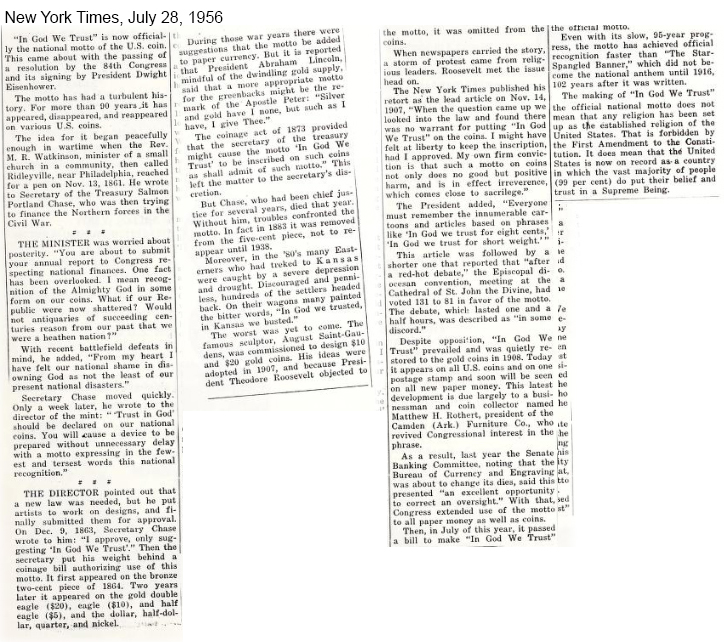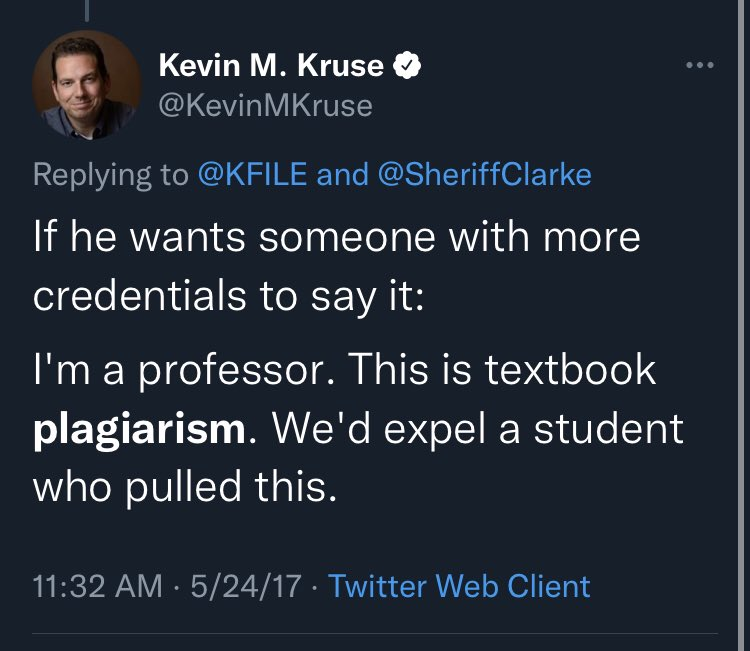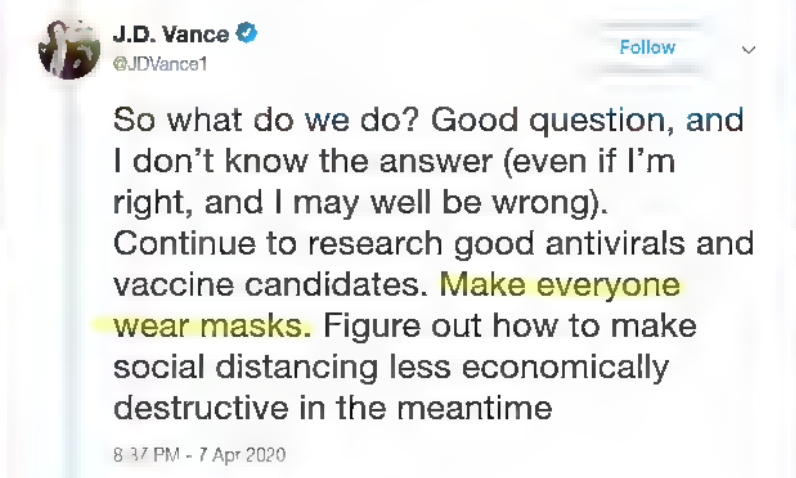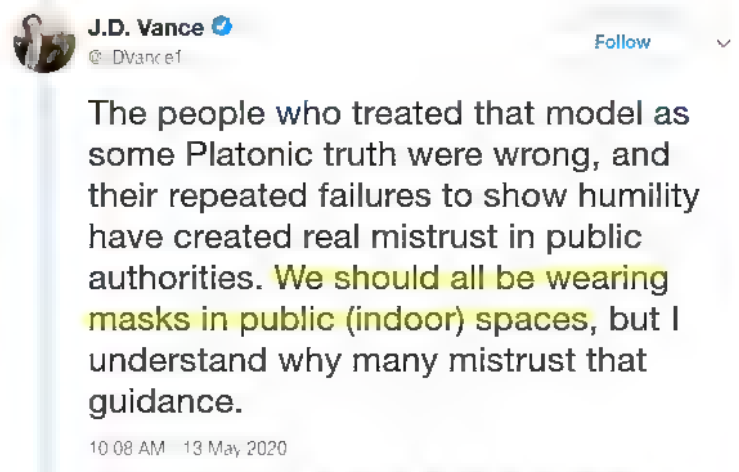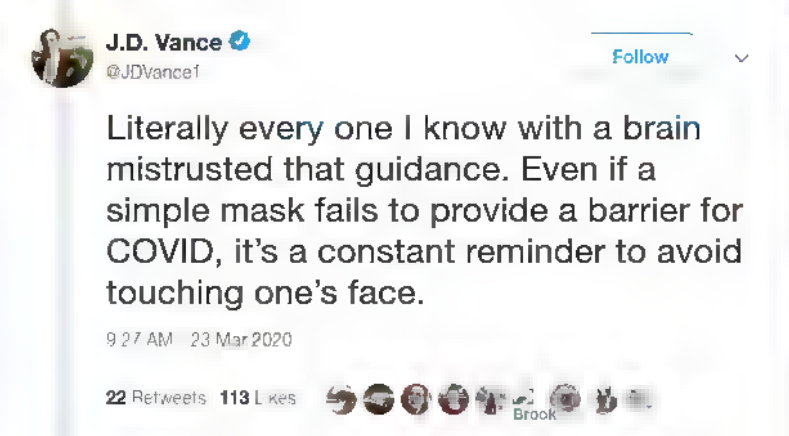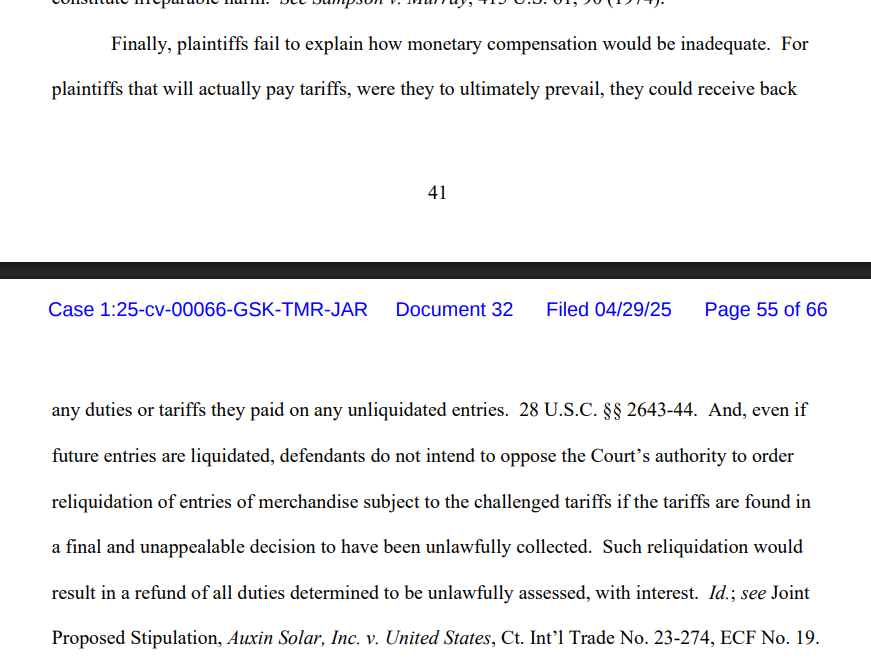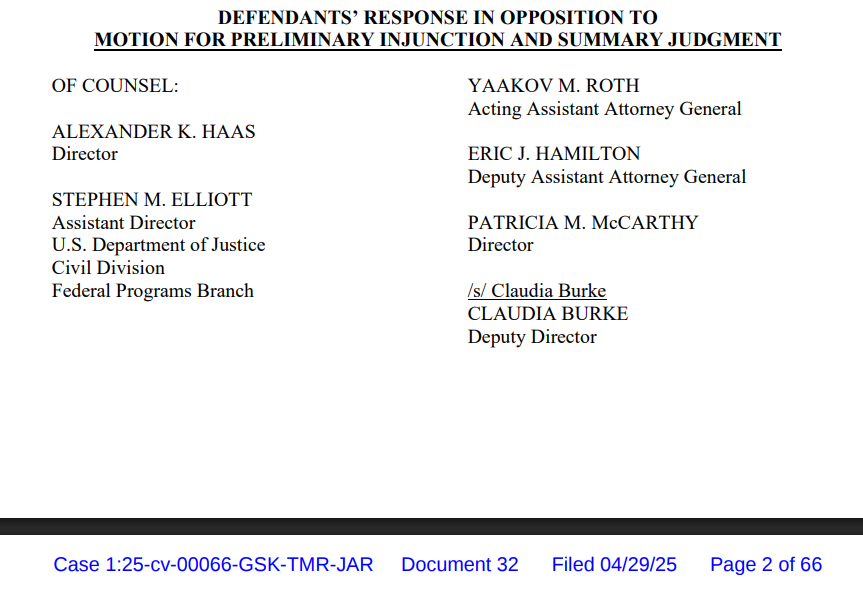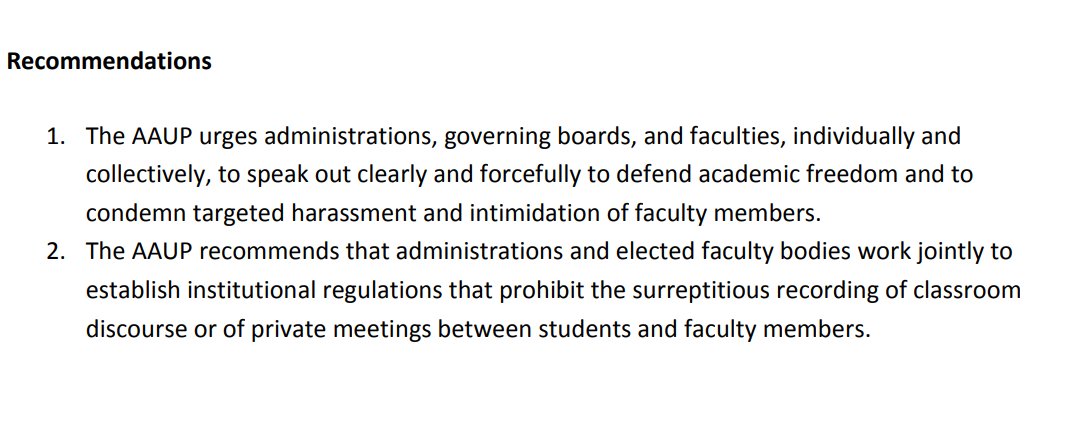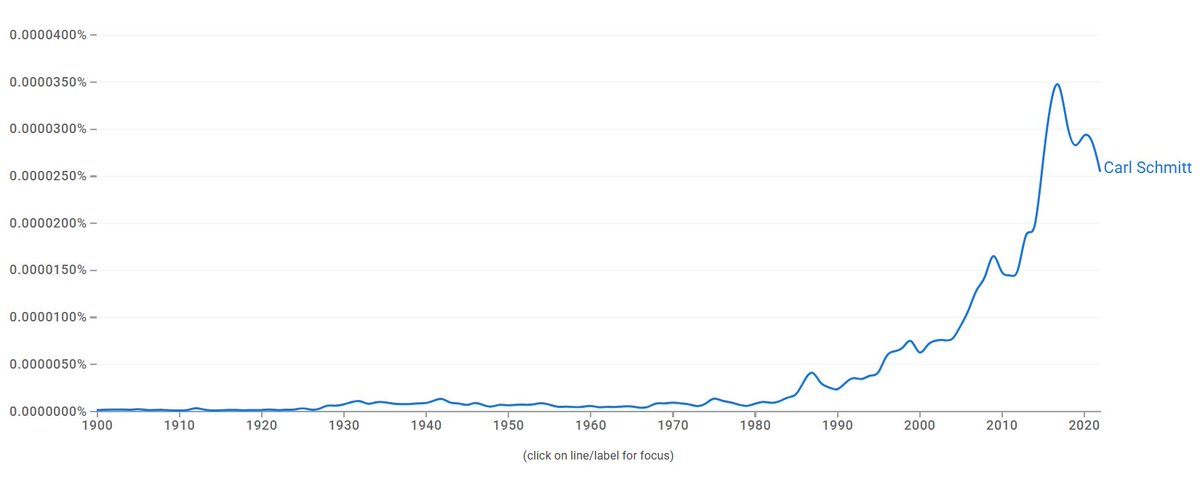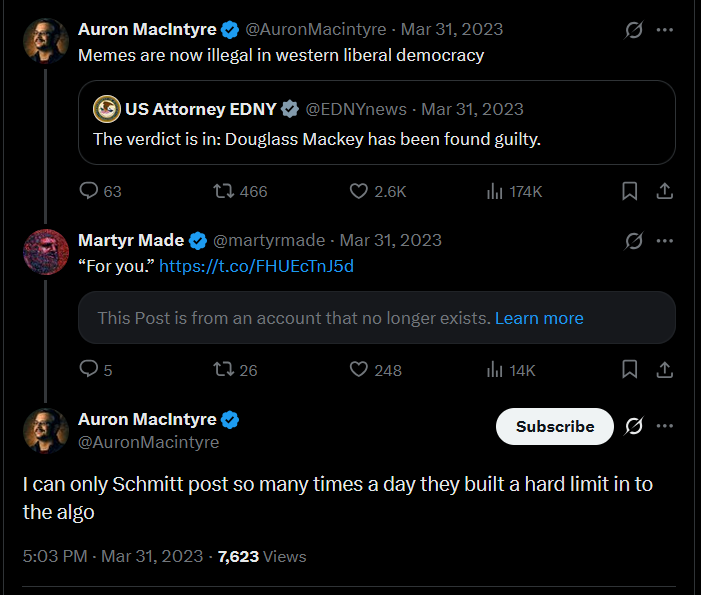It's starting to look as if a 1619 Project contributor plagiarized another author by cribbing her article and making cosmetic modifications to its text.
philmagness.com/2021/11/did-ke…
philmagness.com/2021/11/did-ke…
Here is a textual comparison showing direct borrowing of Fowler's text, with minor cosmetic modifications to change a few words and the ordering of quotes: 

Here's the 2002 plagiarism case against Stephen E. Ambrose, who got caught doing something almost identical: 

And here is the American Historical Association's definition and example of what constitutes plagiarism, also showing a close resemblance to what Kruse did.
But you be the judge.
historians.org/teaching-and-l…
But you be the judge.
historians.org/teaching-and-l…
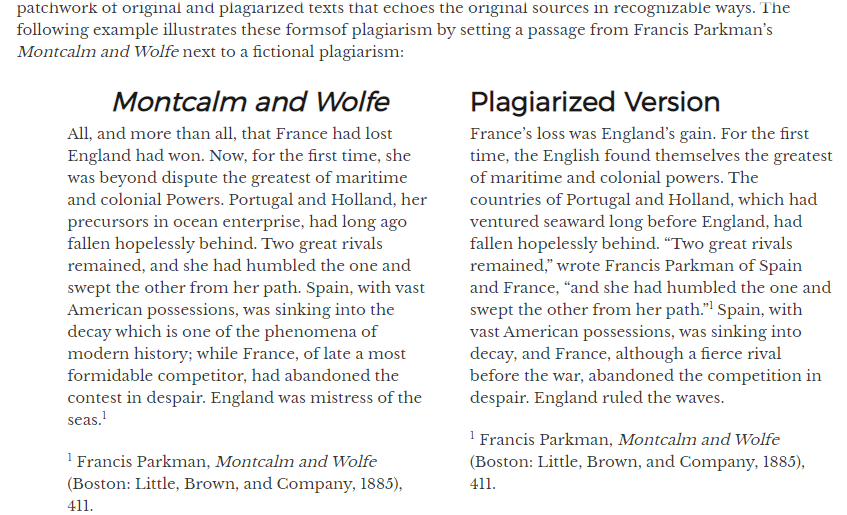
For another famous plagiarism incident that looks an awful lot like what Kruse did here, see Doris Kearns Goodwin:
washingtonexaminer.com/weekly-standar…
washingtonexaminer.com/weekly-standar…

The tweet above by Kruse was in reference to the David Clarke plagiarism allegations in 2017. Clarke's offense sounds an awful lot like what Kruse did here too.
thehill.com/homenews/media…
thehill.com/homenews/media…

• • •
Missing some Tweet in this thread? You can try to
force a refresh


